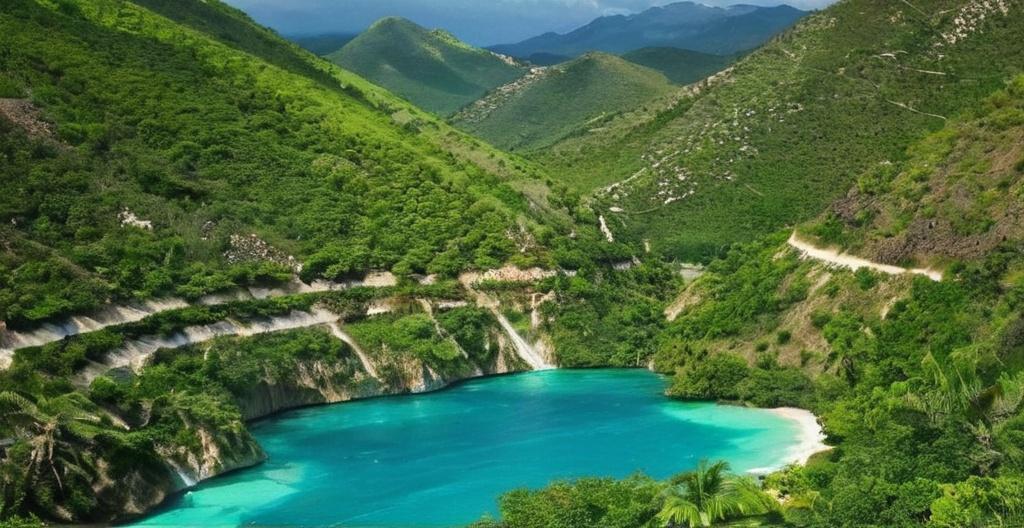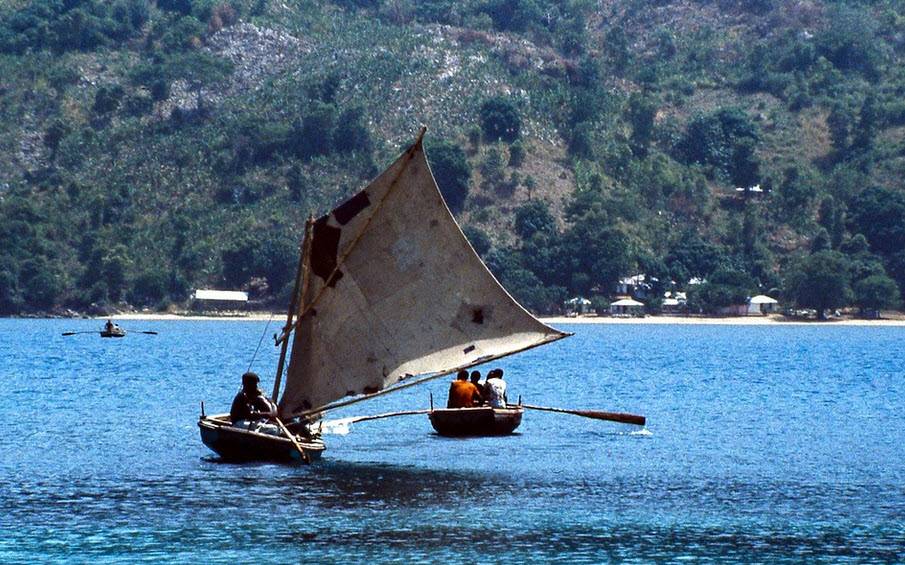Key Take Aways About Hunting in Haiti
- Hunting in Haiti offers a unique experience, less commonly associated with the country’s attractions.
- Regulations exist but enforcement is inconsistent; local guides are advisable.
- Limited wildlife for hunting, primarily birds like pigeons and quails.
- Traditional methods, such as archery and traps, provide historical insights.
- Pack smart for the tropical climate—sturdy shoes and insect repellent are essentials.
- Engage with locals to enrich your understanding and respect local customs.
- Hunting is integral to many Haitian communities but raises sustainability concerns.
- Responsible hunting is encouraged to balance livelihood and conservation needs.

A Glimpse Into Hunting in Haiti
When people talk about Haiti, hunting isn’t usually the first thing that pops to mind. More often, you’ll hear conversations about its vibrant culture, historical sites, or the stunning beaches. However, for the adventurous travelers who are keen on exploring less trodden paths, hunting in Haiti can be a unique experience.
The Legal Landscape
Hunting regulations in Haiti aren’t as rigidly structured as in many countries. While there are laws in place, enforcement can be inconsistent. Hence, it’s advisable for visitors to engage with local guides who are familiar with the informal rules and traditional practices. This might just save you from chasing critters in areas where you shouldn’t.
Local Wildlife
When it comes to what you can hunt, Haiti offers a rather limited selection. The island is home to various birds—think pigeons and quails—which are commonly hunted. Larger game is scarce, so set your sights accordingly. In fact, bird-watching might be more rewarding if you have an eye for the avian delights rather than a strong itch to pull the trigger.
Traditional Hunting Practices
In rural Haiti, hunting often involves traditional methods passed down through generations. Archery, sling-shots, and old-school traps are more common than rifles, providing a more immersive and historical experience. For tourists, partnering with local hunters can offer insight into these age-old techniques, with tales and anecdotes more colorful than a peacock.
Essentials for the Hunting Trip
If you’re planning to hunt in Haiti, pack light but smart. Sturdy shoes are a must for navigating uneven terrain. Light, breathable clothing will keep you comfy under the tropical sun. And don’t forget insect repellent—Mosquitoes aren’t exactly the game you’d want to take home, but they’ll undoubtedly try to take a bite out of you.
Engaging with locals is crucial. While you might have read up on the regulations and practices, nothing beats real-time advice from someone who knows the lay of the land. Plus, it’s a good way to ensure you’re observing local customs and not stepping on any toes, metaphorically or literally.
Understanding the Terrain
Haiti’s geographical makeup ranges from mountainous areas to dense forests. These environments not only shape the types of wildlife found here but also influence hunting practices. The mountainous areas are especially challenging and could test your endurance, so it’s not just about aiming at your target but also about keeping up with the terrain itself.
The Impact of Hunting on Local Communities
For many Haitian communities, hunting is more than just a pastime; it’s a way of life. It’s a source of food, a skill to pass down, and sometimes a small business. Tourists who respect this aspect of hunting can engage with communities on a meaningful level that transcends the typical tourist experience.
Conservation Concerns
While hunting is part of many communities’ livelihoods, conservation efforts are necessary to ensure that it remains sustainable. Over-hunting and deforestation pose risks to wildlife populations. Visitors are encouraged to hunt responsibly, respecting both the environment and the cultural significance of the activity.
Final Thoughts
Hunting in Haiti may not be the perfect fit for every traveler, but for those willing to step off the beaten path, it offers an uncommon angle on this unique country. Whether you’re there for the thrill of the hunt or to soak up local culture, respect and understanding will make your experience far richer. Be sure to listen, learn, and perhaps leave with more stories than trophies.
